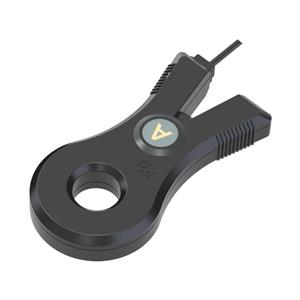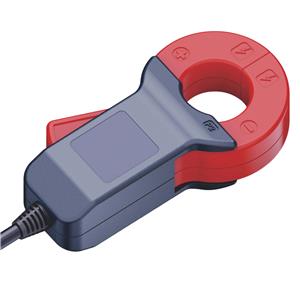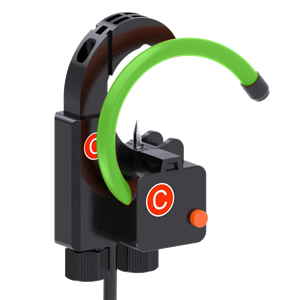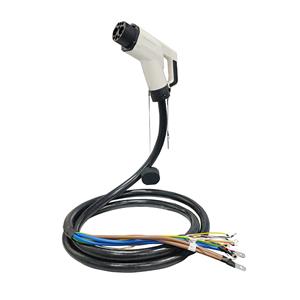-
0407-2024
Understanding the noise level of precision resistors: How to choose the most suitable component for you
Precision resistors are essential components in electronic circuits, and their noise performance directly affects the overall operation of the circuit. This article will explain in detail the sources of noise in precision resistors, the factors that affect noise levels, and how to choose the most suitable low noise precision resistor for you. Understanding these knowledge can help you make better choices and improve the stability and reliability of circuits when designing them.
-
0407-2024
The Secret Behind Precision Resistors: Unlocking Superior Performance
Precision resistors are far more than simple components; they are engineered wonders crafted through intricate manufacturing processes. These processes push the boundaries of technology, enabling resistors to excel in their roles across diverse applications. Let's unveil the secret techniques behind their remarkable performance.
-
0702-2024
Precision Resistors: Applications and Advancements in Headwear Devices
Precision resistors play a crucial role in various electronic applications, providing accurate and stable resistance values with low tolerance and temperature coefficient. These resistors find extensive use in a wide range of fields, from telecommunications to automotive engineering. This article will explore the applications of precision resistors across different industries and focus on their significance in headwear devices.
-
2206-2023
How to package and ship our shunt products
Quality control is an important part of our packaging and shipping process. We carefully check each shunt product before packaging to ensure that it meets our strict quality standards. During shipping, we track each shipment and provide regular updates to our customers regarding the status and expected delivery date.
-
2006-2023
How shunts are produced
Shunts are typically made from materials with low resistance, high conductivity, and good stability over time. The most common material used for shunts is manganese-copper (MnCu) alloy, but other materials such as nickel-chromium (NiCr) and copper-nickel (CuNi) alloys are also used depending on the requirements of the application.




